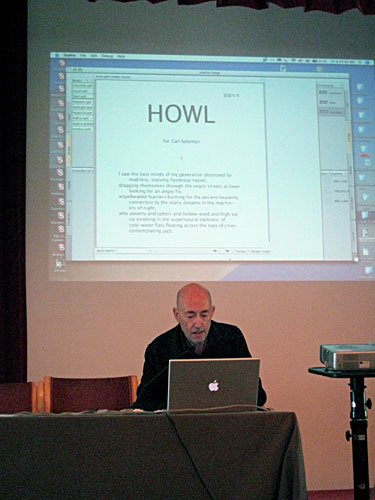From the New York Times
Marilee Jones, the dean of admissions at the Massachusetts Institute of Technology, became well known for urging stressed-out students competing for elite colleges to calm down and stop trying to be perfect. Yesterday she admitted that she had fabricated her own educational credentials, and resigned after nearly three decades at M.I.T. Officials of the institute said she did not have even an undergraduate degree.
“I misrepresented my academic degrees when I first applied to M.I.T. 28 years ago and did not have the courage to correct my résumé when I applied for my current job or at any time since,” Ms. Jones said in a statement posted on the institute’s Web site. “I am deeply sorry for this and for disappointing so many in the M.I.T. community and beyond who supported me, believed in me, and who have given me extraordinary opportunities.”
The funny thing is that, by all accounts, she was absolutely brilliant at her job. As one of her academic friends, Leslie Perelman, director of the M.I.T. program in writing and humanistic studies, says: “It’s like a Thomas Hardy tragedy, because she did so much good, but something she did long ago came back and trumped it”.








